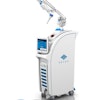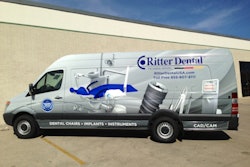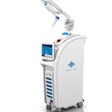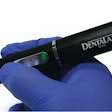A California law firm has filed a class-action lawsuit against Biolase, accusing the company of violating the Securities Exchange Act by issuing false and misleading statements regarding its business and future prospects.
The suit was filed on August 23, 2013, by Robbins Geller Rudman & Dowd in the U.S. District Court for the Central District of California on behalf of individuals who bought Biolase stock between January 7 and August 12, 2013 (class period), according to a press release.
The complaint alleges that during the class period, the company failed to disclose and/or concealed adverse facts. Here are some of the specific allegations:
- There is little evidence demonstrating that the use of dental lasers provides long-term benefits to teeth.
- Due to the relatively high costs associated with its dental laser offerings, Biolase's efforts to switch to a direct sales model in the U.S. during the class period were failing.
- Contrary to company statements, the high debt burden that Biolase assumed to get out of its arrangement with the former exclusive distributor of its WaterLase products, coupled with the terms of certain of its bank lines of credit, were financially handicapping the company.
- Contrary to Biolase's statements that it had enough working capital for 2013, there was no cash being generated from operations and the company was in default of its bank lines of credit.
According to the complaint, on August 7, 2013, Biolase issued a press release announcing its second quarter 2013 financial results. Rather than the $15.69 million in revenues the company had led the market to expect, Biolase reported revenues of just $14.2 million, down 2.74% from the $14.6 million the company had reported in the fourth quarter of 2012 and a loss of $0.06 per share.
In addition, on August 13, 2013, before the markets opened, Biolase announced that it was in violation of its bank covenants. On the news of the revenue and earnings misses and the company's violation of prior debt covenants, the price of Biolase common stock fell more than 80% from that level to close at $1.19 per share that day.

















